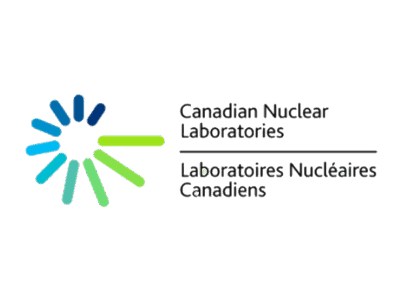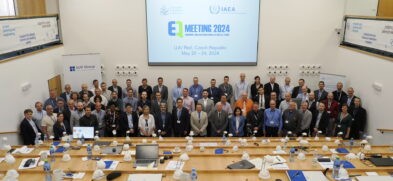Overview
Earthquakes of varying magnitudes can occur in most parts of the world and the shaking induced can cause equipment to fail and structures to collapse. The actual consequences are based on a complex melding of the scale and type of earthquake, the way the structure interacts with the movements in the earth, and the way the structure and equipment might set up its own frequency modes. And of course, the strength of the structures and materials involved.
Seismic analysis is a subset of structural analysis that enables engineers to understand and predict the behavior of structures during a seismic event and design them to resist the resulting forces. Proper design will ensure structures and systems of nuclear facilities retain their integrity during and after an earthquake so they continue to contain, cool, and control, keeping the facility productive and safe.
We offer a full seismic analysis service that includes station investigations to create site-specific ground motion definitions and structural analyses. We complement the analyses with in-house seismic testing. Our experience in seismic analysis has led us to become involved with regulators and to help them establish the latest standards.
Why Us?
-
All Your Seismic Analysis Needs
We conduct in-station investigations, develop site-specific ground motion parameters, develop structure response spectra, and carry out linear, non-linear, static and dynamic analyses. You can rely on us for all your seismic analysis needs.
-
Integrated with Safety Analysis
Seismic and other accident scenario analyses are used in the broader safety analyses we provide. We integrate the seismic analysis with probabilistic risk analysis to create licensing documentation for new plants, modifications, and life extensions.
-
Severe Accident Scenarios
Our severe accident analysis service integrates seismic analysis with tornado analysis, aircraft and missile strike analysis, and other severe accident scenarios. This enables us to carry out all the necessary structural analyses in a cost-efficient, comprehensive, and timely manner.
-
Fully Supported
Complementary in-house disciplines support our seismic analysis team providing information and insight based on seismic testing, materials performance, and codes and standards, so you can be assured of a comprehensive, accurate analysis.
Technical Abilities
Comprehensive Seismic Engineering
Our team determines seismic qualification through analysis of building structures, structural components, and equipment, including:
- Evaluation of Seismic Ruggedness of Structures and Component Anchorages
- Development of Probabilistic Risk Assessments by Evaluating Seismic Capacities of Equipment & Components
- Use of Seismic Qualifications Users Group's (SQUG’s) Generic Implementation Procedure (GIP) and Electric Power Research Institute's (EPRI’s) Seismic Margin Assessment
- Efficient Resolution of Problems using our Abundance of Nuclear and Conventional Experience and Design Capabilities
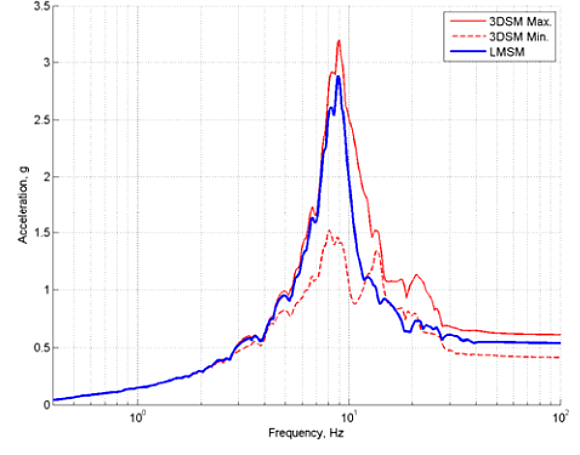
Site-Specific Spectra
We measure and implement systems to capture site-specific data for the seismic activity at the station.
- Definition of Site-Specific Ground Motions
- Development of In-Structure Response Spectra Including Seismic Soil Structure Interaction (SSI) Effects using ACS-SASSI Software.
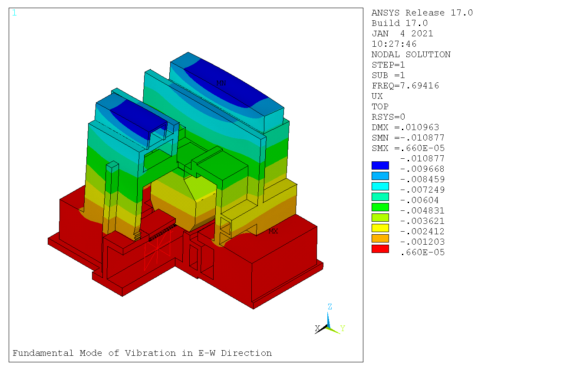
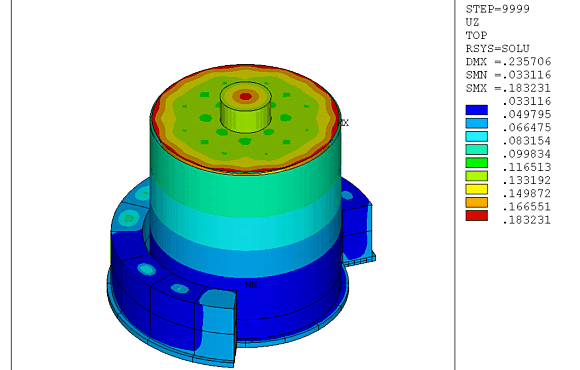
Our Proven Experience
Quality Assurance & Technical Standards
- ASCE/SCI 4 (2016)
- Seismic Design of Safety-Related Nuclear Structures
- ASCE/SCI 43 (2019)
- Seismic Design Criteria for Structures, Systems, and Components in Nuclear Facilities
- ASCE/SEI 1
- Standard for Geotechnical Analysis, Design, Construction, Inspection and Monitoring of Nuclear Safety-Related Structures
- CSA N289 Series (2022)
- Requirements for seismic design and qualification of nuclear power plants
- SQUG GIP (2001)
- Generic Implementation Procedure for Seismic Verification of Nuclear Plant Equipment
Key Clients
Kinectrics’ expertise in offering versatile services in the field of seismic engineering is evident and extends to cover their application to various plant designs. Specifying seismic instrumentation, and defining necessary plant response actions in case of a seismic event, are key areas of expertise.







